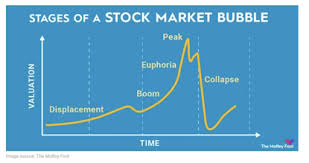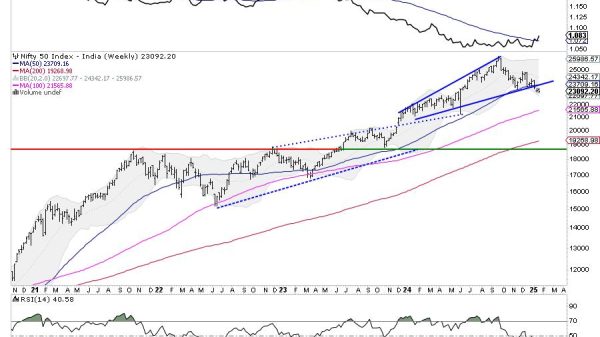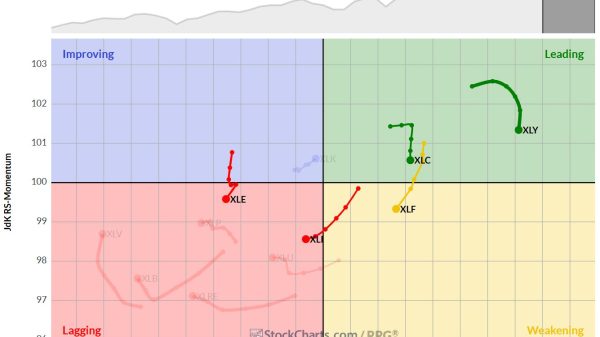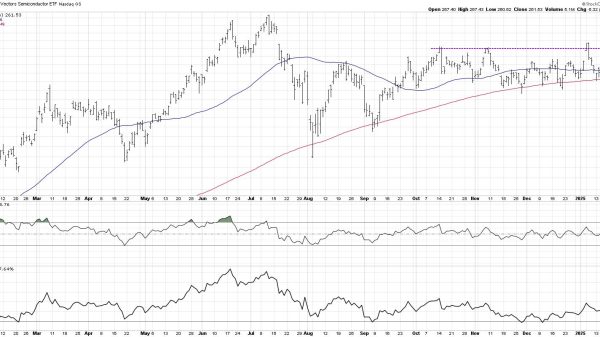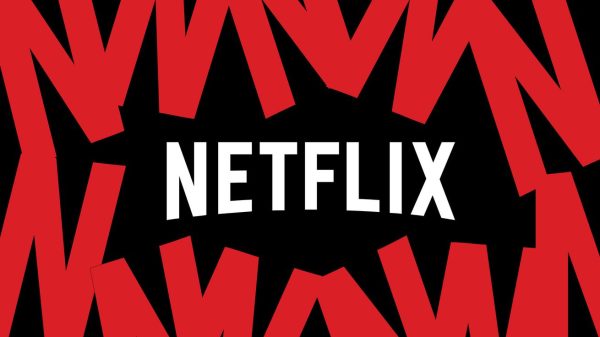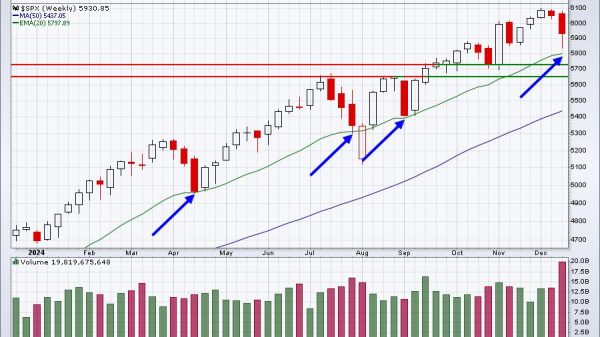A while back, after several conversations with Ezra Klein that afforded me a window into how his mind works, I made this prediction:
I have sensed this for some time and now I’m ready to predict it: Ezra Klein will die a libertarian. And it won’t be a deathbed conversion, either. Right now, I think he would call himself a progressive, which is fine. He could even keep that label: it better fits someone who’s committed to expanding liberty anyhow.
Arnold Kling expressed doubt. The late, great David Boaz periodically sent me un-libertarian things Klein wrote or said. I kept quiet when I saw Klein inching in a libertarian direction.
This is more than inching:
The thing I’ve changed my mind most on in politics in recent years is how destructive bad regulations can be and how seriously I take it now when I hear that regulations or rules are ill-constructed.
I think I used to have what in my view is a pretty standard liberal response. I was saying, of course, some regulations could be bad, but look at these studies. We made the air a lot cleaner. We do a cost-benefit analysis. There’s always exceptions to the rule, but I sort of assume most of this stuff works.
And now I don’t. I have followed up, and really dug in, on the details of how enough projects have worked or not worked in government — what happened with California high-speed rail, what it takes to modernize digital government — that I am much more skeptical — not of regulation but of a lot of existing regulations.
My belief about how much stupidity and procedural crust can exist now in government in places for very long periods of time, that people are just laboring under. And it’s not gotten to the point that creates a crisis, but it eventually could. Housing being a good example of this.
I’ve really changed the way I approach that. I think that a lot of liberals, and certainly a lot of the politics I came up in, kind of felt like the Right attacks government and so you have to defend it — and you look for ways to defend it. And it’s not where I am now. And I think I found myself more frustrated and then ultimately quite angry at the way the Democratic Party became just the defenders of institutions — and not the reformers of them — in a way that required not really admitting how badly they were working.
The dynamic Klein describes—what Jonathan Rauch in 1994 labeled “demosclerosis”—affects and afflicts the very aspects of the US health sector that Klein and I have debated.
I look forward to seeing his upcoming book address the stupidity and procedural crust that defends the inefficiencies of that economic sector, which I believe Klein would put in the “crisis” column.






